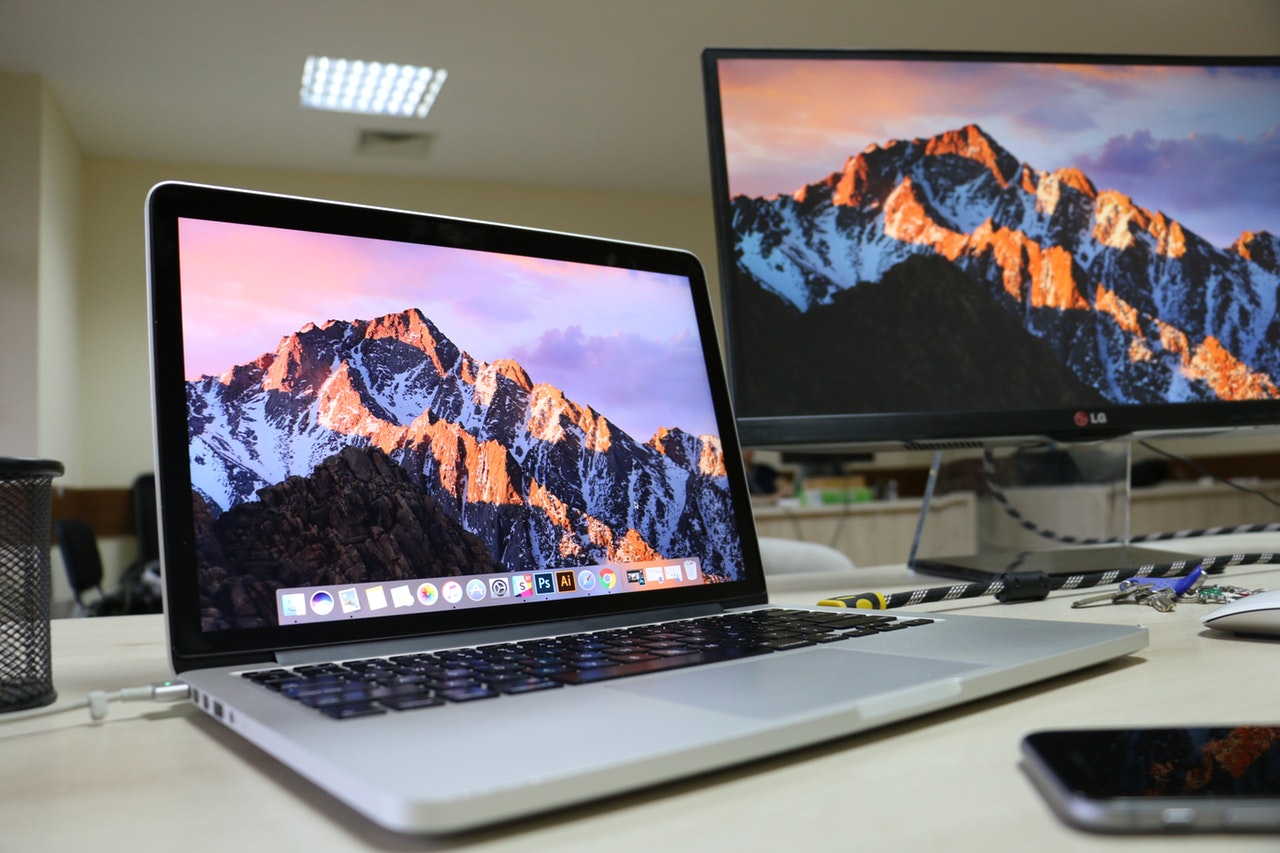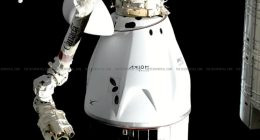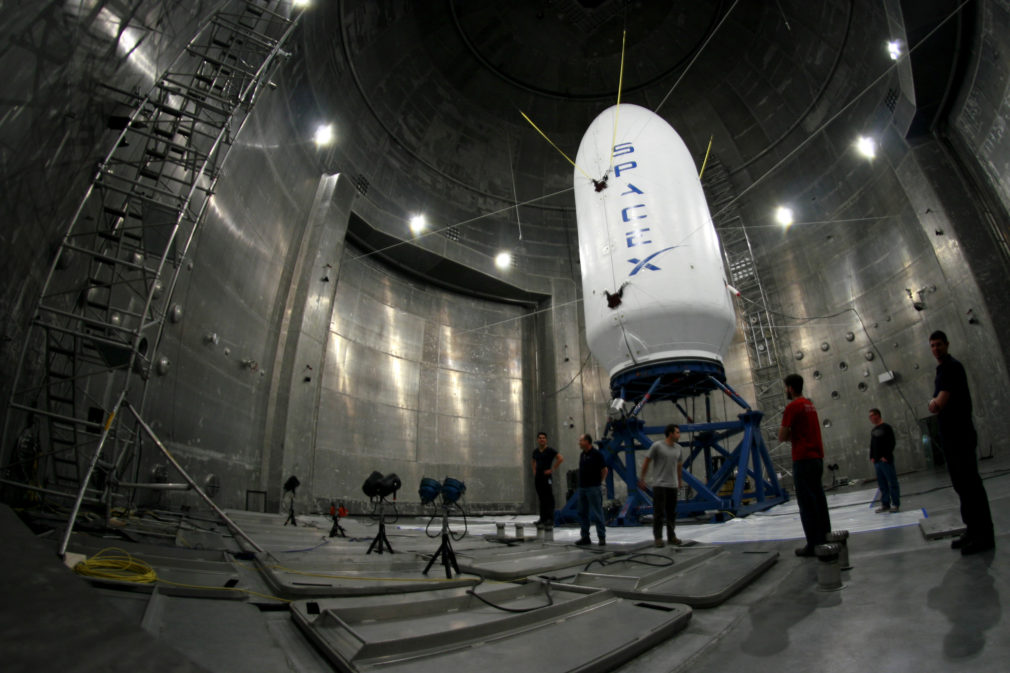China Labor Watch (CLW) reported that regulatory watchdogs in Foxconn’s plant in Zhengzhou revealed that about 50% of the workforce were temporary staff — known as “dispatch workers” — in August. Now why is this an issue? Well, Chinese laws allow a maximum of 10% workers of that nature..
Apple, along with its assembly partner Foxconn on Monday invalidated accusations of breaches in people management flattened by a non-profit overseer of worker rights. The companies however did confirm that they employed too many makeshift workers.
This response followed the China Labor Watch on Monday that announced an extended report accusing the two companies of infringing upon several Chinese labor laws, including one discounting temporary staff from exceeding 10% of the total labor pool.
U.S. giant Apple depends massively on Taiwan’s “Foxconn” and its manufacturing counterparts in China to manufacture devices such as the iPhone.
Apple hasn’t remarked, rather it declined to comment whether the excess aggregated to a rupture of Chinese law.
In a statement, Apple said it investigated the percentage of temporary workers among the overall workforce and found it “exceeded our standards”. It said it was working with Foxconn to “immediately resolve the issue”.
According to Reuters, the China’s Ministry of Human Resources and Security did not respond to its fax seeking comment. Reuters could not immediately determine any penalty for temporary employees exceeding 10% of the workforce.
Apple also stated it found that interns at an interim facility had worked overtime at night, thus breaking Apple’s policies, however “this issue has been corrected.” “The interns worked overtime voluntarily and were properly compensated,” Apple added.
“We did find evidence that the use of dispatch workers and the number of hours of overtime work carried out by employees, which we have confirmed was always voluntary, was not consistent with company guidelines,” Foxconn said.
Foxconn confirmed over-reliance on provisional workers, known internally as “dispatch workers”. Foxconn added it “immediately began a detailed process to ensure that all issues were addressed”.
Previously this year, sources claimed that Apple, all things considered, was moving some operations out of China to free themselves of new U.S. tariffs, with Japan’s Nikkei Asian Review in June raising the figure at 15% to 30% of production.
At a time of trade tension between the United States and China, the labor report comes as threatening to alter supply chains across the technology industry with substantial import tariffs.
In a revenue call in July, Apple Chief Executive Tim Cook devalued such conjectures, commenting the endless bulk of Apple’s products “are kind of made everywhere.”





